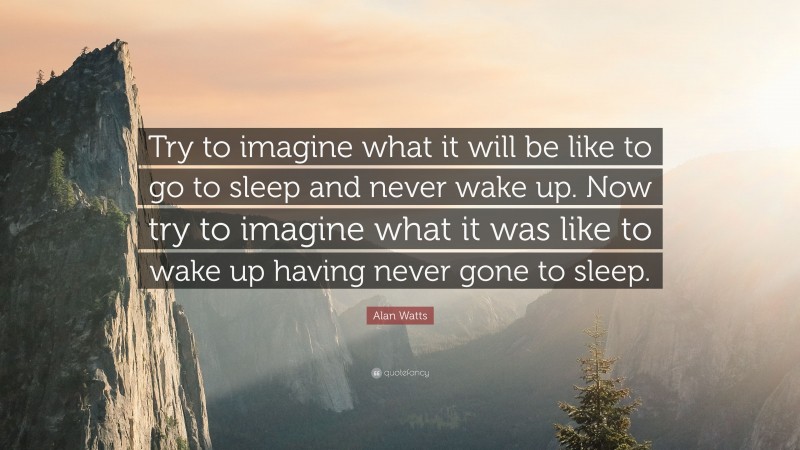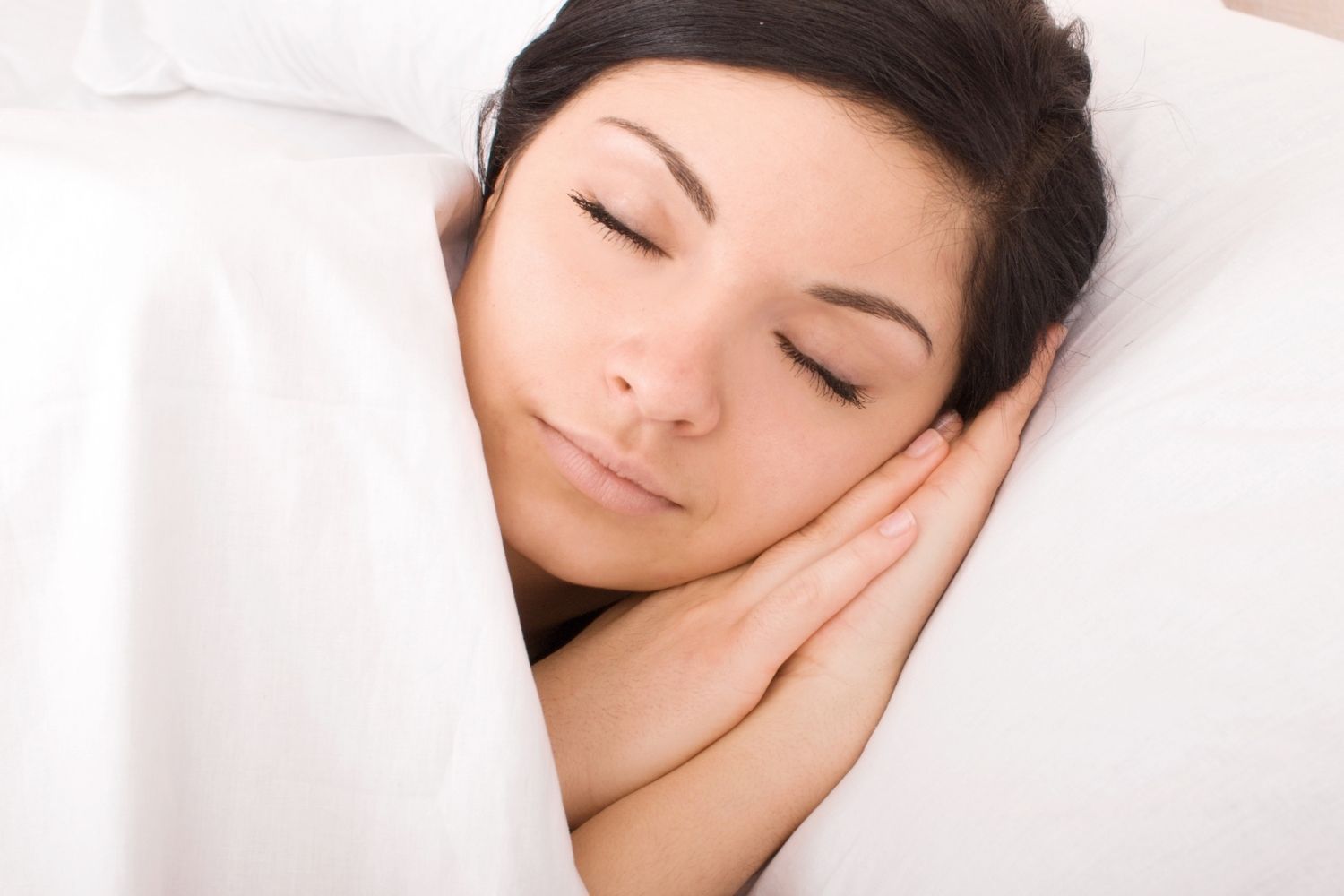

Avoid going to bed more than eight hours before you plan to wake up. Give yourself time to sleep: Make sure you have enough time to sleep before waking up early, but not too much time.Improving your sleep hygiene can help you rest better at night and wake up feeling alert and refreshed in the morning. Sleep hygiene is a term that refers to positive sleep habits. If you are still struggling, try adjusting your wake-up times in smaller increments, perhaps 15 minutes earlier each day until you reach your desired wake time. Start by getting up one hour before your typical wake time, then adjust by another hour the following day. If your schedule allows, try to gradually shift your wake-up time. Make sure to give yourself a week or more to adapt to changes in your sleep schedule. Change Your Habits GraduallyĪdopting a new sleep schedule can be challenging, especially if you have maintained the same sleep habits for a long time. Early morning workouts under bright light may be especially effective. Some research suggests that morning exercise might even help you adjust to an earlier sleep schedule. Getting at least 30 minutes of exercise each day may help you sleep better. Physical activity also affects your circadian rhythms. Too much light around bedtime can delay your circadian rhythms, making it harder to fall asleep and wake up on time. To help you go to sleep earlier, limit your exposure to bright lights in the evening. Consider setting a timed light to come on 15 to 30 minutes before your alarm clock or moving your bed to a spot that allows you to take in the morning sun as you wake up. To advance your circadian rhythms and wake up earlier, try to get bright light when you’re waking up or, even better, before you need to be awake. Properly timed exposure to light can help you change your sleep patterns by shifting your circadian rhythms forward or backward. Your brain uses light to determine the time of day and whether it’s time to wake up or prepare for sleep. Light is one of the strongest factors affecting the timing of your circadian rhythms. Although getting up early can be difficult if you have an evening chronotype, adjusting the time of certain activities can help you shift your circadian rhythms and wake up earlier in the morning. Your body uses environmental cues such as light and darkness to synchronize your circadian rhythms. Circadian rhythms are near-24-hour internal cycles that control many processes in the body, from your sleep patterns to when hormones are released. This preference is related to your circadian rhythms. Your chronotype is your natural preference for being awake or asleep at certain times of the day.

Understanding your chronotype can help you make sense of your natural tendency to wake up early or sleep late into the day. To ease the adjustment, consider trying several strategies to help you wake up earlier. Shifting your sleep and wake times is a process, and it can take time for your body to adjust.

But if you’re trying to wake up early on a regular basis, you may need to be more intentional about shifting your sleep schedule. If you need to get out of bed earlier than usual, setting an alarm clock may be enough to help you wake up.


 0 kommentar(er)
0 kommentar(er)
